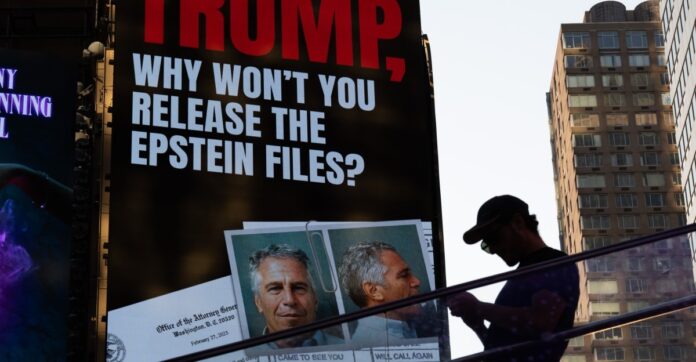After months of resistance, the Trump administration will release files related to the late financier Jeffrey Epstein and his associate Ghislaine Maxwell. This comes following an overwhelming vote in Congress to compel the Justice Department to make the documents public.
How Did This Happen?
The near-unanimous congressional support masked the administration’s initial opposition. Lawmakers, primarily Democrats with some Republican backing, used a discharge petition to force a vote despite attempts to delay it. President Trump ultimately signaled support for the bill only after it became clear it would pass, following a failed effort to block the vote entirely.
What’s in the Files?
The released materials will include over 100,000 pages of unclassified documents related to Epstein and Maxwell. The Justice Department has already denied the existence of certain materials, including an alleged “client list.” While the exact content remains unknown, the sheer volume suggests significant information. The House bill mandates release in a searchable, downloadable format within 30 days, though some redactions may occur.
Why Does This Matter?
The release of these files is unlikely to trigger a catastrophic collapse of the Trump presidency. However, it represents a notable setback for an administration already facing scrutiny and a rare break in Trump’s usual control over his party in Congress. The documents may reveal further details about Epstein’s network and potential connections, even if the most explosive claims remain unverified.
“Whatever we learn in the Epstein files, it’s not likely to blow the case wide open… But that doesn’t make it meaningless, either.”
The release highlights the power of congressional oversight and the limits of executive resistance when faced with bipartisan pressure. The full implications will depend on the contents of the released materials, but the event itself signals a shift in the balance of power.
The Epstein files are set to become public, marking a significant moment in an ongoing saga that continues to raise questions about power, influence, and accountability.




















































